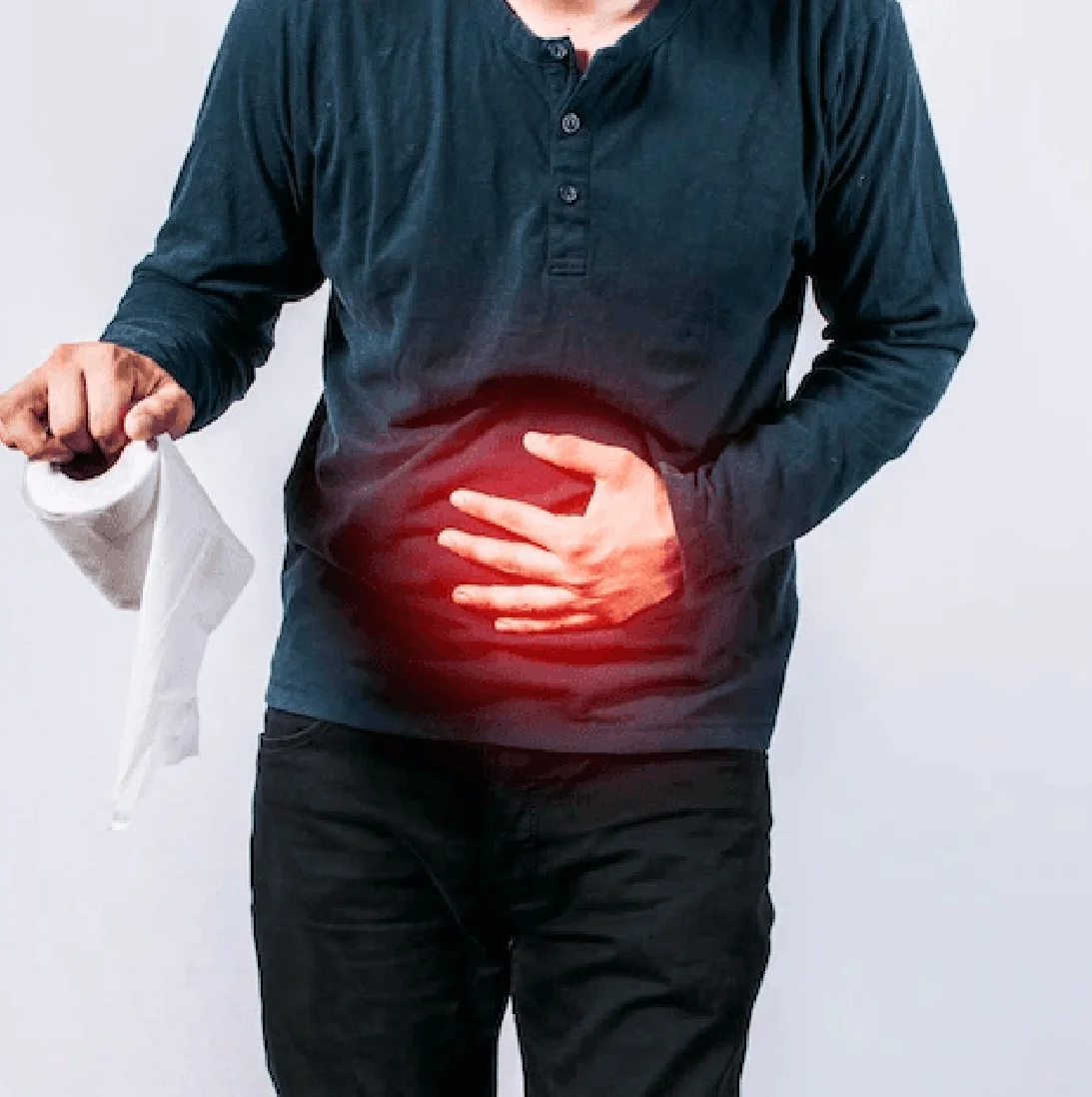
Department of Pediatrics and Neonatology
Welcome To Gangasheel Hospital
What is Diarhhea ?
Diarrhea — loose, watery, possibly more frequent bowel movements — is a common problem. It may be present by itself or may be accompanied by other symptoms such as nausea, vomiting, abdominal pain, weight loss.
Fortunately, diarrhea is usually short-lived, lasting only a few days. However, if diarrhea lasts longer than a few days or weeks, it usually indicates another problem, such as irritable bowel syndrome (IBS) or a more serious condition such as persistent infection, celiac disease, or inflammatory bowel disease (IBD). indicates that it exists.
Signs and symptoms associated with diarrhea (loose, watery stools) may include:
- Abdominal cramps or pain
- Bloating
- Nausea
- Vomiting
- Fever
- Blood in the stool
- Mucus in the stool
- Urgent need to have a bowel movement
Many diseases and conditions can cause diarrhea, including the virus. Viruses that can cause diarrhea include Norwalk virus (also known as norovirus), enteric adenovirus, astrovirus, cytomegalovirus, and viral hepatitis. Rotavirus is a common cause of acute diarrhea in childhood. The virus that causes coronavirus disease 2019 (COVID-19) is also associated with gastrointestinal symptoms such as nausea, vomiting, and diarrhea.
Bacteria and parasites:
Diarrhea results from contact with pathogens such as E. coli and parasites through contaminated food or water. Diarrhea caused by bacteria and parasites when traveling to developing countries is often called traveler's diarrhea. Clostridioides difficile (also known as C. diff) is another type of bacterium that causes diarrhea and can occur after a course of antibiotics or during hospitalization.
Drugs:
Many drugs, such as antibiotics, can cause diarrhea. Antibiotics relieve infections by killing bad bacteria, but they also kill good bacteria. This upsets the natural balance of bacteria in the gut, leading to diarrhea and superimposed infections such as C. diff. Other drugs that can cause diarrhea include cancer drugs and antacids containing magnesium.
Lactose intolerant:
Lactose is a sugar found in milk and other dairy products. People who have trouble digesting lactose have diarrhea after eating dairy products.Lactose intolerance can increase with age because levels of enzymes that help digest lactose decrease with age.
Fructose:
Fructose is a sugar found naturally in fruits and honey. It is also added to certain beverages as a sweetener. Fructose can cause diarrhea in people with digestive problems.
Artificial Sweeteners:
Sorbitol, erythritol, and mannitol — artificial sweeteners, non-absorbable sugars found in chewing gum and other sugar-free products — can cause diarrhea in healthy people.
Surgery:
Partial bowel or gallbladder removal surgery can cause diarrhea.
Other digestive disorders:
Chronic diarrhea has many other causes, including IBS, Crohn's disease, ulcerative colitis, celiac disease, microscopic colitis, and small bowel bacterial overgrowth (SIBO).
Preventing Infectious Diarrhea
Wash your hands to prevent the spread of infectious diarrhea.
To ensure proper hand washing:
- Wash often
Wash your hands before and after preparing food. Wash your hands after handling raw meat, using the restroom, changing diapers, sneezing, coughing, and blowing your nose. - Lather the soap for at least 20 seconds
After applying the soap to your hands, rub your hands together for at least 20 seconds. That's how long it takes to sing "Happy Birthday" twice. - If handwashing is not possible, use hand sanitizer
If you can't go to the sink, use an alcohol-based hand sanitizer. Apply a hand sanitizer, such as hand lotion, to the front and back of your hands. Use products with an alcohol content of 60% or more.
Most cases of mild, uncomplicated diarrhea can be treated at home. Using an over-the-counter product such as bismuth subsalicylate (Pepto-Bismol® or Kaopectate®) will usually make you feel better right away.
However, over-the-counter medications are not always the solution. If diarrhea is caused by an infection or parasites, you should see a doctor. As a general rule, do not use over-the-counter antidiarrheal drugs if you have a fever or blood in your stools. In such cases, please contact your doctor.
If diarrhea persists for a long time (several weeks), your doctor will tailor your treatment to the cause.
- Antibiotics:
Your doctor may prescribe antibiotics and other medicines to treat infections or parasites that cause diarrhea. - Drug therapy for certain conditions:
Diarrhea may be associated with other conditions such as irritable bowel syndrome (IBS), inflammatory bowel disease (IBD) such as Crohn's disease or ulcerative colitis, microscopic colitis, or bacterial overgrowth. It can be a symptom of several conditions. Once the cause of diarrhea is identified, diarrhea can usually be treated. - Probiotics:
A group of beneficial bacteria, probiotics are sometimes used to restore healthy biomes to combat diarrhea. The introduction of probiotics may also help, and some health care practitioners consider it worth a try. Always check with your provider before starting probiotics or supplements of any kind.
Yes, Diarhhea treatment is available in Bareilly at Gangasheel Hospital by the team of expert Pediatrician in the city.
